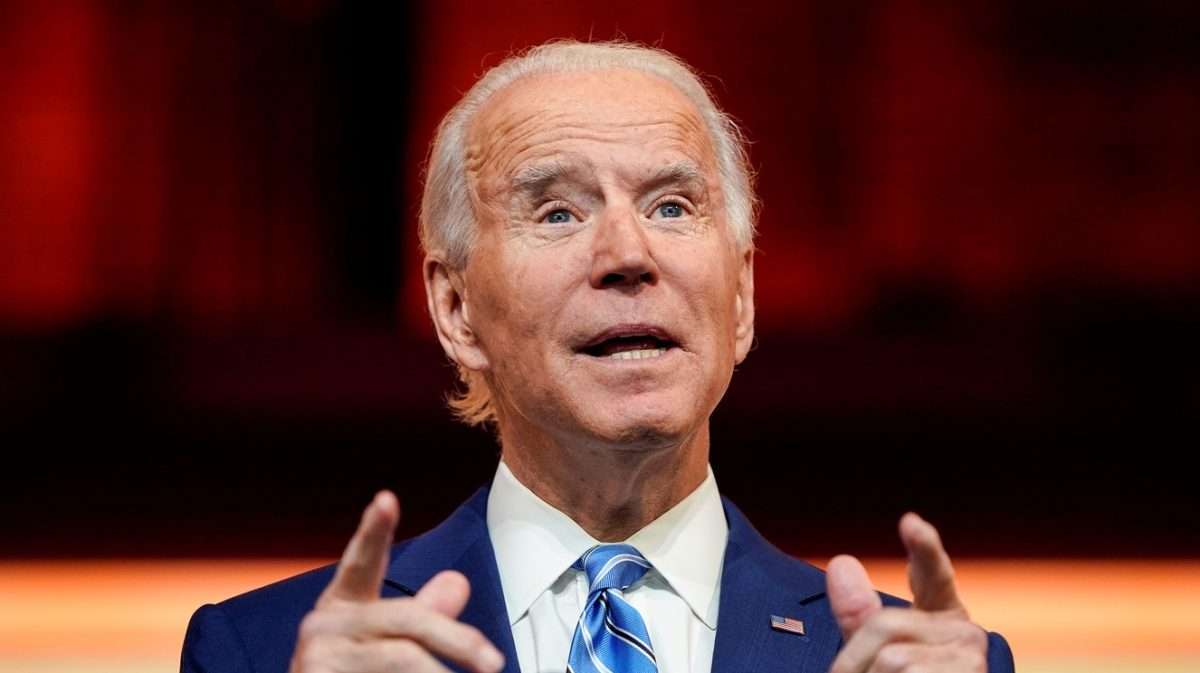During a diplomatic encounter at a Pacific states summit, President Joe Biden and China’s Xi Jinping discussed key issues, aiming to ease tensions and prevent military conflict. Biden reiterated his view of Xi as a dictator, risking potential backlash. They agreed on various measures, including military communication and addressing fentanyl production. Despite progress, deep divisions remain, especially over Taiwan and U.S.-China bilateral issues.

by Brandon Mitchell
In a significant diplomatic engagement at a Pacific states summit, President Joe Biden and Chinese President Xi Jinping engaged in discussions meant to address rising tensions and the looming threat of military conflict in the Indo-Pacific region. In a noteworthy moment during his post-meeting press conference, President Biden reiterated his characterization of Xi Jinping as a dictator, a stance that could potentially stir diplomatic repercussions. This statement harks back to similar comments made by Biden at a June fundraiser, which were previously met with strong criticism from Chinese officials.
The meeting, which marks the first face-to-face interaction between the two leaders in a year, was primarily aimed at calming fears over potential military conflicts and easing the strained relationship between the United States and China. Notably, Biden announced several confidence-building measures, including the resumption of high-level military communications designed to prevent misunderstandings and accidental escalations. Additionally, the leaders reached an understanding on combating the flow of Chinese chemicals used in the production of fentanyl in the U.S. and agreed to further discuss the implications of artificial intelligence, focusing on risks and safety.
While these developments point to a degree of progress, they also underscore the deep-seated rifts that continue to challenge U.S.-China relations. Biden’s candid assessment of Xi as a dictator reflects the increasingly frosty ties between the two nations and aligns with a broader theme of his presidency, which portrays the current global situation as a critical battle for survival between democratic and autocratic forces.
From the Chinese perspective, President Xi Jinping declared his commitment to fostering “stable, healthy, and sustainable” relations with the U.S. He emphasized the need for continued dialogue, acknowledging the rocky nature of the bilateral relationship but underscoring the impracticality of turning away from engagement.
The summit also highlighted the differing priorities of the two leaders. Biden’s primary focus was on rallying American partners to counter China’s growing diplomatic and military influence. Conversely, Xi sought to appeal to the international business community, underlining China’s need to rejuvenate its faltering economy by attracting foreign investments.
Despite these diplomatic advancements, underlying tensions remained palpable. Xi Jinping, addressing the contentious issue of Taiwan, demanded that the U.S. cease arming Taiwan, advocating for what he termed the “unstoppable” reunification of the island with China—a stance opposed by the majority of Taiwanese citizens. President Biden, in response, affirmed that U.S. policy on Taiwan remains unchanged, highlighting one of the many complex issues that continue to divide the two superpowers.
Biden also planned to press Xi on China’s ties with Iran, seeking to leverage Xi’s influence in preventing regional escalations, particularly in the context of the Israel-Hamas conflict. However, expectations were tempered, given China’s nuanced position on global issues, including its approach towards Russia’s actions in Ukraine.
While the Biden-Xi meeting marked a step towards diplomatic engagement and potential conflict resolution, it also laid bare the deep divisions and complex dynamics that define the current state of U.S.-China relations. The path ahead remains fraught with challenges, as both leaders navigate their respective national interests and global responsibilities.
